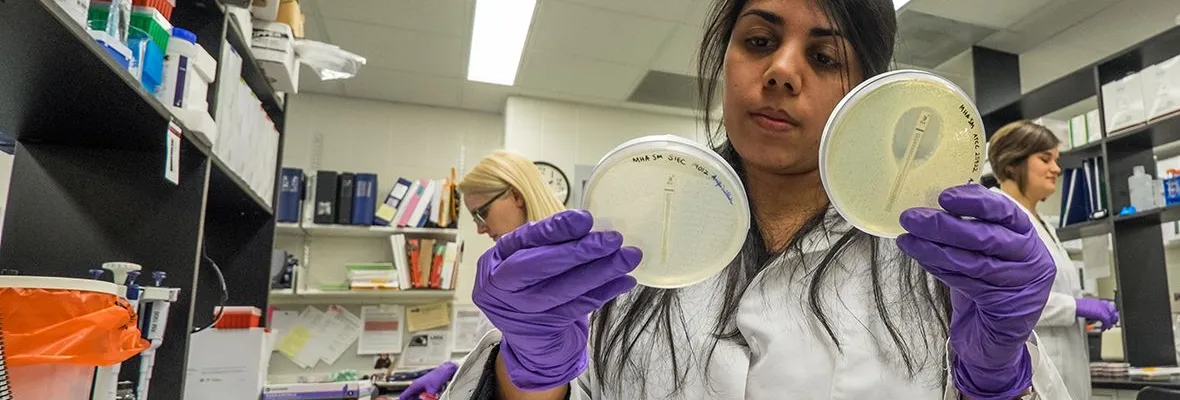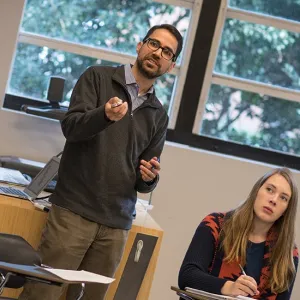America's leading research universities guard our nation's security by protecting knowledge, trade secrets, and classified information from foreign interference. In fact, AAU members have a vested interest in making sure this is the case. AAU works closely with its members and the government to ensure that appropriate security measures are in place at all times. Our members also work hard to strike a balance between two key priorities. One, that research must remain open to succeed. The integrity of our nation's research depends on it. On the other hand, some sensitive data must also be protected. AAU and APLU have jointly written a guide to help our members deal with this issue. The guide provides principles and values that steer our actions and helps universities limit risks.
Body

As lawmakers consider measures related to securing federally funded research data and intellectual property, it is important to understand the current state of play for research security in the country to avoid new requirements that are duplicative, unnecessary, or counterproductive

One pager for advocacy focused on securing scientific research against foreign threats.

AAU Statement on the House Committee on Science, Space, and Technology Hearing "Examining Federal Science Agency Actions to Secure the U.S. Science and Technology Enterprise."

This resource document identifies key terms; effective practices proposed by institutions and government and non-government entities; links to various government and non-government entity lists, and topical analysis and proposed policy recommendations in several key areas..
Search Our Key Issues Library
Browse recent items or search for a specific topic or document.
The Trump administration’s deep cuts to federal funding of scientific research, crackdown on universities, and proposals aimed at deterring international talent have unleashed a loss of scientific talent – a brain drain - away from the United States to other countries.
Science & Security | Immigration | Issue Brief | Higher Education Legislation | Innovation and Competitiveness
The Association of American Universities (AAU) urges Congress to reject policies that make it harder for the United States to attract and retain the best and brightest students and scholars from around the world and other high-skilled foreign talent.
The National Defense Authorization Act (NDAA) conference agreement for Fiscal Year 2026 has been released, and this document highlights research and higher education-related provisions of the legislation.
AAU joined ACE and 16 other higher education associations to send a letter to House and Senate Armed Services Committee leadership regarding priorities in the FY26 NDAA conference. The letter outlines support and opposition to several provisions being conferenced, but also represents the larger higher education community's concerns.
AAU and APLU sent a joint letter to leadership of the Committees on Armed Services in regards to the fiscal year 2026 (FY26) National Defense Authorization Act (NDAA) to offer specific comments on provisions as they work to finalize the conference agreement.




